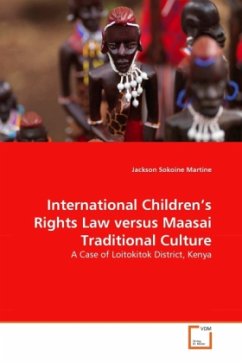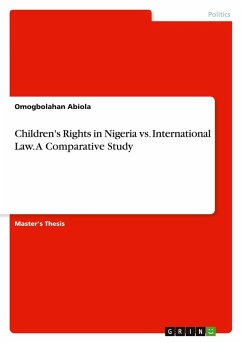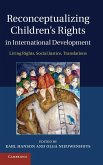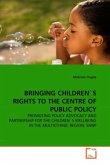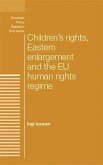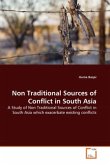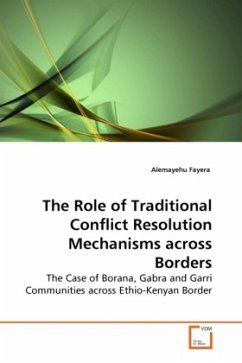The implementation of International Children's Rights Law (ICRL) in Africa has not borne much fruit due to conflict between universalism and cultural relativism of human rights. While ICRL supports universalism by arguing that there are fundamental human rights principles which apply to all humans regardless of their cultural, political/religious identities, African traditional cultures are parallel to cultural relativism in maintaining that local traditional cultures should determine the rights of individuals in a given society. Citing a case of the Maasai of Loitokitok District-Kenya, this book discusses its cultural understanding of a child and his/her customary rights of education, marriage, labor, sex, clitoridectomy and health, and their conflict with ICRL, in order to establish a cross-cultural approach of children's rights that reconciles the conflict. In order to have authentic children's rights which are accepted universally, the approach calls for human rights institutions to develop a wider understanding of rights which incorporates diverse concepts of the core accepted values from international and traditional cultures.
Bitte wählen Sie Ihr Anliegen aus.
Rechnungen
Retourenschein anfordern
Bestellstatus
Storno

